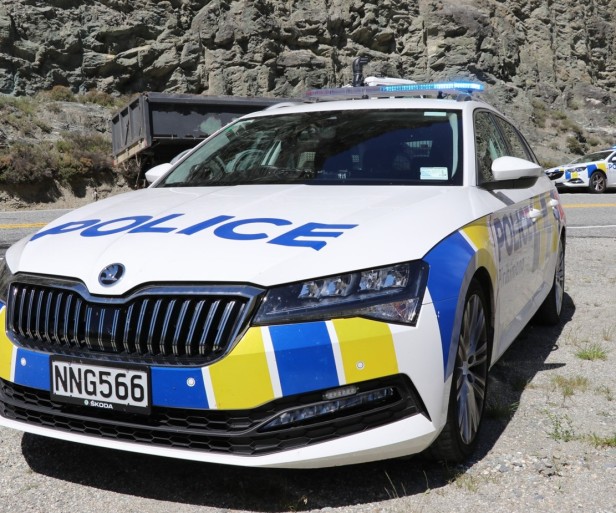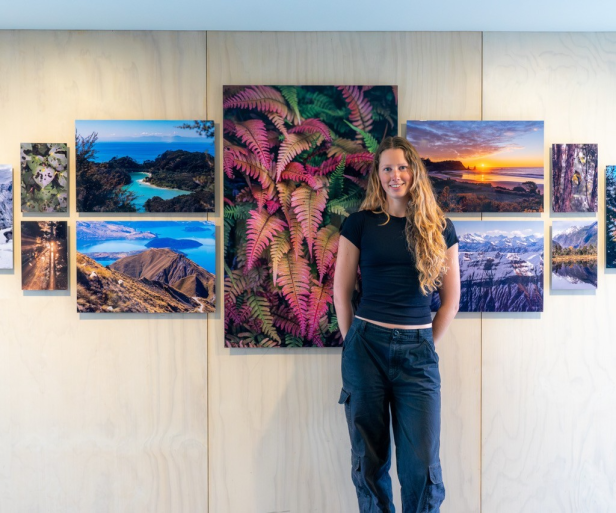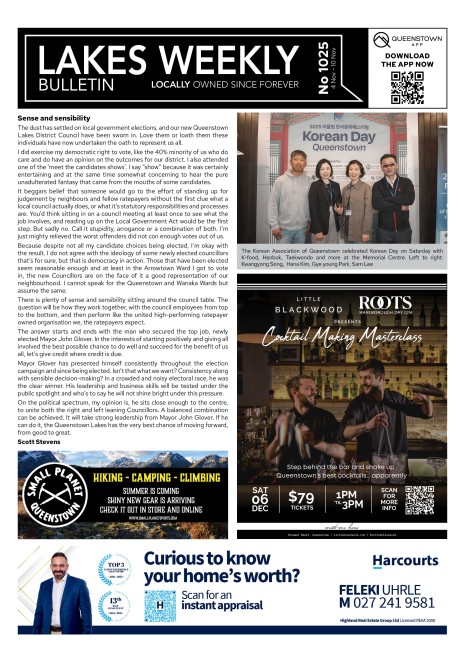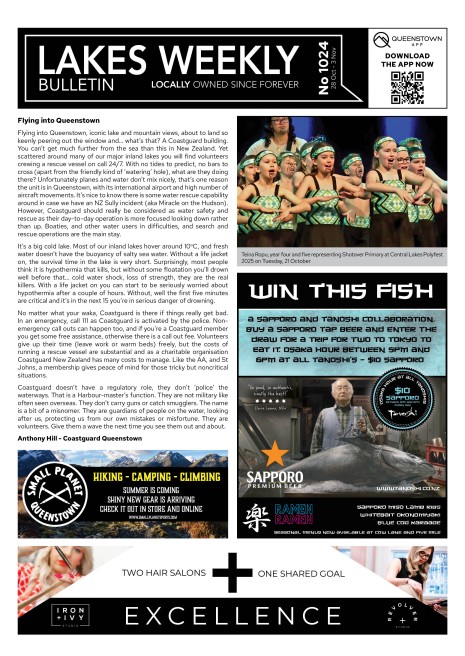Police crackdown on cocaine in Queenstown - $88,000 worth of drugs seized
Southern Police have made some of the largest cocaine seizures in Queenstown during the past few weeks, worth a total street value of an estimated $88,000 as they continue to clamp down on higher recreational drug use throughout Queenstown Lakes and Central Otago.
Otago Lakes Organised Crime lead Detective Sergeant Regan Boucher says the biggest haul was in Queenstown where higher levels of cocaine are being detected in the wastewater.
Search warrants led to the discovery of 170 grams of cocaine, 40 grams of MDMA, and several MDMA pills at various properties around Queenstown and Central Otago, Boucher says.
Nine people are appearing before the courts over the coming weeks for a variety of drug dealing charges, some of which include possession for supply of MDMA, ketamine, cocaine, and cannabis.
“The maximum penalty for dealing or supplying a Class A controlled drug, like cocaine, is life imprisonment.
“Queenstown is a transient place. However, we’ve discovered that it isn’t just the people coming into the region caught up in this, but residents too,” he says.
Police are targeting recreational drug use with Boucher leading the Otago Lakes Organised Crime Unit.
“These types of drugs cross all social sectors of our community and despite the tougher economic situation it doesn’t seem to have an impact on dealer profits,” he says.
“We are and will continue to be out in force as this and other drugs cause harm in our community. We’ll be targeting this area and coming down heavy on this type of behaviour. Cocaine is a Class A controlled drug.”
He’s just as concerned about the high usage of MDMA (ecstasy), and ketamine, which has grown in popularity on the synthetic party drug market.
“Even offering MDMA to someone is classed as supplying and anyone caught can face up to 14 years in prison,” Boucher says.
“It’s circulating prevalently locally, not only in pill form but powder, and widely used by all ages from teenagers to much older people.”
Boucher says people don’t know what they’re purchasing with these drugs and there are adulterated or misrepresented versions being sold, which can increase the risk of overdose.
Family and friends should familiarise themselves with the signs of an overdose, such as heart palpitations, agitation, high fever, becoming unresponsive or seizures.
“If you’re experiencing any abnormal reactions, call an ambulance straight away,” he says.
“Better still, just don’t do it. These drugs are illegal and often you don’t know what you’re taking, let alone the consequences. There are too many risks,” he says.
A conviction for supply or possession of any of these types of drugs can hinder international travel.
The effect on the brain is one of the biggest concerns and some of them can have long-term effects, if not fatal, depending on how people of various ages may react.
“I can’t reinforce it enough, not only on a developing teenage brain, but adult brains too,” he says.
Ketamine, a dissociative anaesthetic used by doctors and vets, has grown in popularity as a party drug across New Zealand in recent years. It’s a sedative drug that slows down the brain and body functions and can be hallucinogenic.
Boucher says taking a high dose of ketamine can lead to a state of total dissociation called a ‘K Hole’, when someone seems unresponsive, while at the same time experiencing vivid hallucinations. This can be very distressing, he says.
“Ketamine can be fatal, particularly if mixed with other depressant drugs like alcohol, opioids, GHB/GBL, cocaine, and benzodiazepines.”
With the summer season underway police are urging the public to be aware of their surroundings and be vigilant.
“It’s vital that you look out for your mates this summer and take extra measures to ensure you are keeping each other safe.”
People need to be aware of what they’re putting into their systems, and the dosages, and know that mixing drugs and alcohol is one of the more dangerous things you can do, Boucher says.
- Anyone with controlled drug-related information, feeling unsafe, or with concerns about dangerous, illegal or suspicious behaviour, call Police on 111. For non-urgent concerns call 105 or visit www.police.govt.nz/use-105 and report the incident online.









